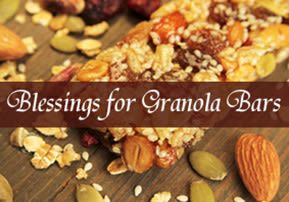
Blessings for Granola Bars
One of the most confusing and debated issues in Jewish law is the proper blessing to be made when eating whole grains like granola bars or puffed wheat...

Today, we’ll try to determine b’ezrat Hashem the proper Beracha (blessing) to be said before eating Puffed Wheat and Granola Bars.
Puffed wheat – or “Shalva” in Hebrew – is manufactured from whole wheat kernels that are either cooked, baked or air popped. Which Beracha does one recite on puffed wheat? Should one recite “Boreh Minei Mezonot,” given that this product is made from wheat, or does the fact that the kernels remain whole change their status with respect to the Beracha?
The Shulchan Aruch explicitly rules (Orach Haim 208:4) that one who eats raw or whole kernels of grain recites the Beracha of “Boreh Peri Ha’adama.” The Beracha of “Bore Mine Mezonot” is reserved for products made from processed wheat; if one partakes of whole grains, he recites “Ha’adama” just as one would before eating a vegetable.
This Halacha applies not only to whole grain cereals such as Puffed Wheat, but also to granola bars, which are made from rolled oats. The grains remain whole throughout the process, and therefore they require the Beracha of “Boreh Peri Ha’adama,” as opposed to “Bore Mine Mezonot,” 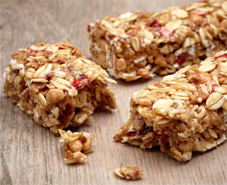 unless the grains are cooked, which would make the Beracha of Mezonot.
unless the grains are cooked, which would make the Beracha of Mezonot.
Which Beracha Aharona (final blessing) does one recite after eating these foods?
The Shulchan Aruch addresses this question in the aforementioned passage and initially rules that after eating whole grains one recites “Boreh Nefashot.” Since whole grains are not treated as grain products with respect to Berachot, as evidenced by the fact that before eating these foods one recites “Ha’adama,” after eating one would recite “Bore Nefashot,” as opposed to “Al Ha’mihya” which is recited over grain products. However, after presenting this view, the Shulhan Aruch proceeds to record that the Tosefot (school of French and German Talmud scholars) expressed some ambivalence in this regard. They were unsure as to whether after eating whole grains one should recite the Beracha of “Bore Nefashot” or “Al Ha’mihya.” Tosefot therefore advised avoiding this situation by eating whole grains only in the context of a bread meal, so that the Birkat Ha’mazon recited after the meal will cover the grains according to all views.
Alternatively, one can eat whole grains together with other foods requiring “Bore Nefashot” and “Al Ha’mihya,” such that he would have to recite both Berachot in any event.
If one did eat whole grains independently, rather than in a meal or together with other foods, which Beracha Aharona should he recite? People very often eat granola bars as a snack, and two granola bars certainly exceeds the minimum required Shiur (quantity) to warrant the recitation of a Beracha Aharona. Which Beracha should one recite in such a case?
This issue is subject to a dispute among the Halachic authorities. Hacham Bentzion Abba Shaul (Jerusalem, 1923-1998), in his work Or L’tzion (vol. 2, p. 127), rules that in such a case one does not recite a Beracha Aharona at all. Since there is some doubt as to whether the proper Beracha is “Boreh Nefashot” or “Al Ha’mihya,” and neither of these two Berachot satisfies the requirement to recite the other, it is best not to recite any Beracha in such a case. This is also the ruling of Rabbi Moshe Halevi (Israel, 1961-2001), in his work Birkat Hashem (vol. 2, p. 129).
Hacham Ovadia Yosef, however, in his work Hazon Ovadia (Laws of Berachot, p. 183), disagrees, and rules that in such a case one should recite “Boreh Nefashot,” in accordance with the first view cited in the Shulchan Aruch. The Shulchan Aruch here mentions one view anonymously and then cites an authority expressing the contrary opinion. This presentation is known as “Setam Ve’yesh,” and a basic rule in studying the Shulchan Aruch establishes that in such instances the Shulchan Aruch viewed the first recorded view as the more authoritative opinion. Hence, in this case, the Shulchan Aruch favored the view requiring that one recite “Boreh Nefashot” after partaking of whole grains.
At first glance, one might question the Hacham’s rationale by noting that this situation is a case of “Safek Berachot,” meaning, where the authorities disagree with regard to a Beracha where there is doubt as to what blessing to say. In such cases, Halacha always requires that one refrain from reciting the Beracha in question – even if the Shulchan Aruch accepts the position that the Beracha is warranted.
Hacham Ovadia addresses this question and responds that in this instance, the uncertainty expressed by Tosefot does not suffice to render this a case of “Safek Berachot.” Had Tosefot ruled unequivocally that one recites “Al Ha’mihya” after eating whole grains, then we would indeed have been faced with a situation of “Safek Berachot” and would have therefore ruled that no Beracha should be recited. However, Tosefot merely expressed their uncertainty concerning this issue, and this uncertainty cannot undermine the definitive ruling of the Shulhan Aruch that the proper Beracha in such a case is “Boreh Nefashot.” What more, Hacham Ovadia adds, a large list of Rishonim (Medieval Talmudic scholars) – including the Behag, Rav Saadia Gaon, the Sefer Ha’eshkol, the R’avya, the Rashba, the Rashbatz, the Semag, the Meiri, the Hashlama and the Ritva – concur with the first view cited by the Shulchan Aruch, that one recites “Boreh Nefashot” after eating whole grains. Hacham Ovadia even speculates that had Hacham Bentzion Abba Shaul seen the ruling of all these Rishonim, he would have likely concluded that one should recite “Bore Nefashot” after eating whole grains. Hence, in his view, one who eats whole grains should recite after eating the Beracha of “Bore Nefashot,” though it is preferable to avoid this situation as mentioned above.
Summary: One who eats whole grain products such as puffed wheat or granola bars recites “Boreh Peri Ha’adama” before eating, and, if he ate a “Ke’zayit” or more, “Boreh Nefashot” after eating. Preferably, however, one should eat these products only in the context of a bread meal or together with other foods requiring “Bore Nefashot” and “Al Ha’mihya,” in order to avoid the Halachic debate concerning the Beracha recited after eating whole grains.
* * *
Reprinted with kind permission of www.dailyhalacha.com


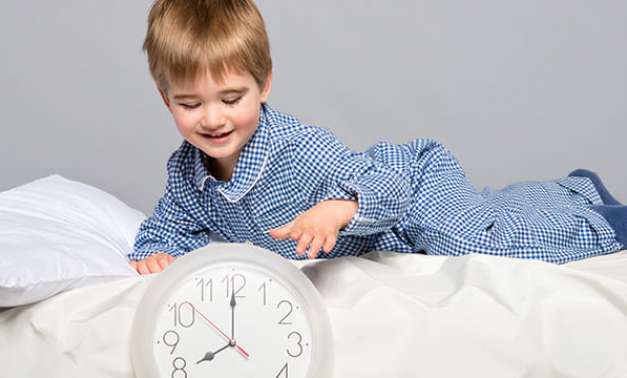
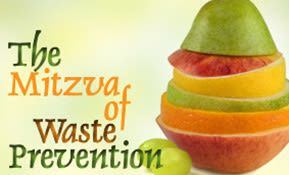

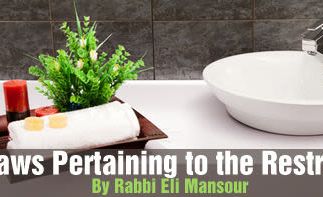
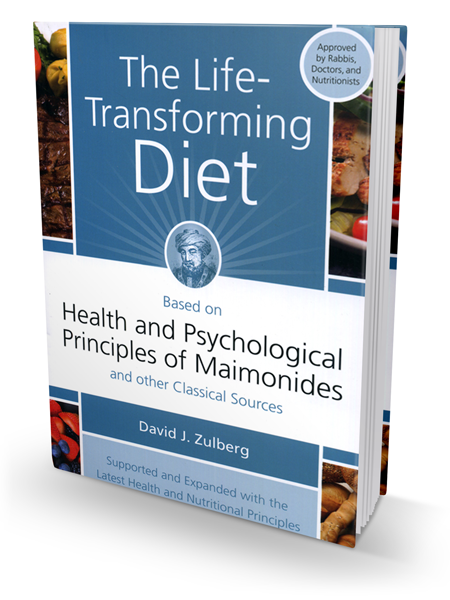
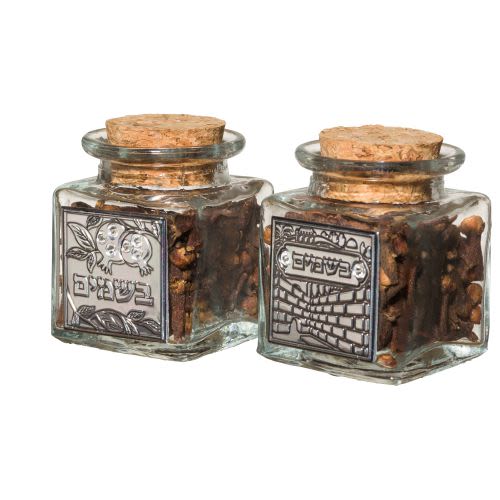
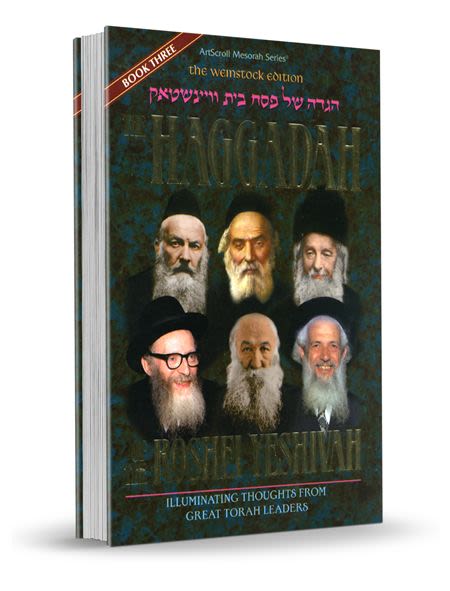
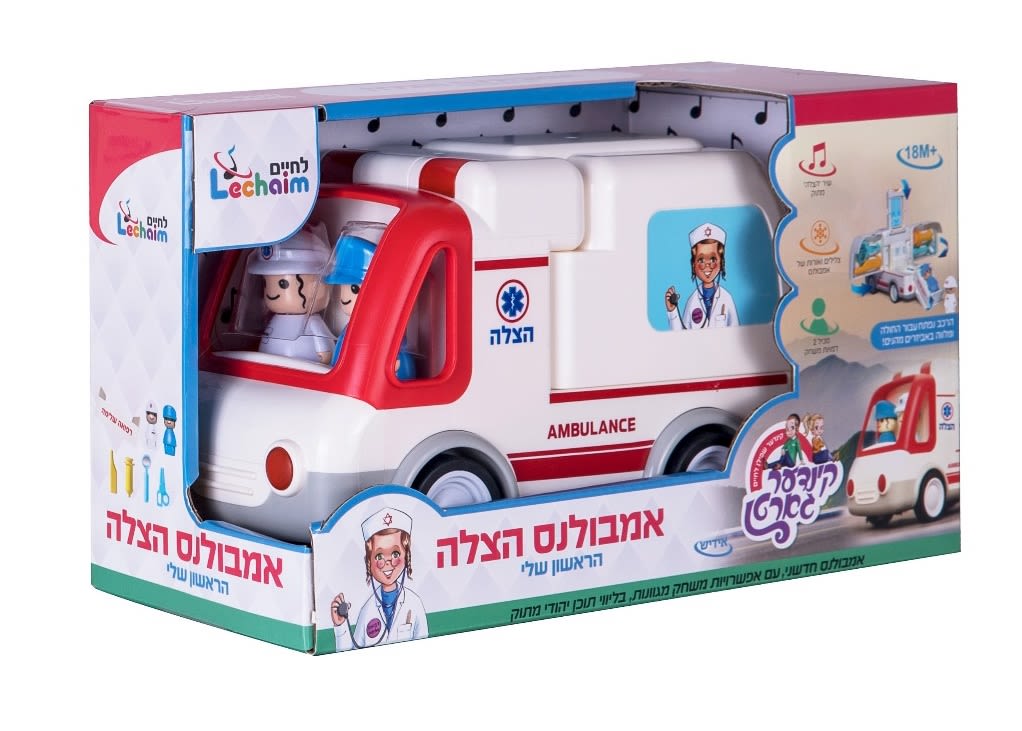
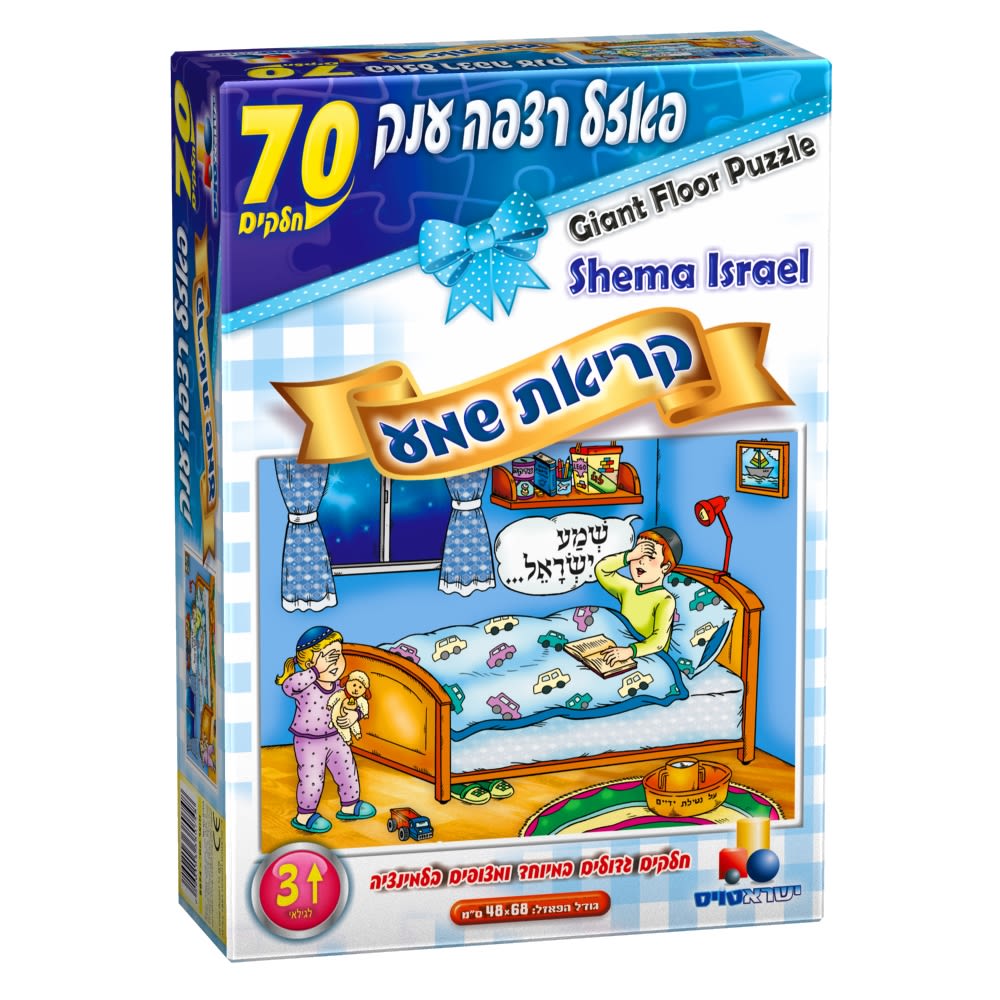
Tell us what you think!
Thank you for your comment!
It will be published after approval by the Editor.